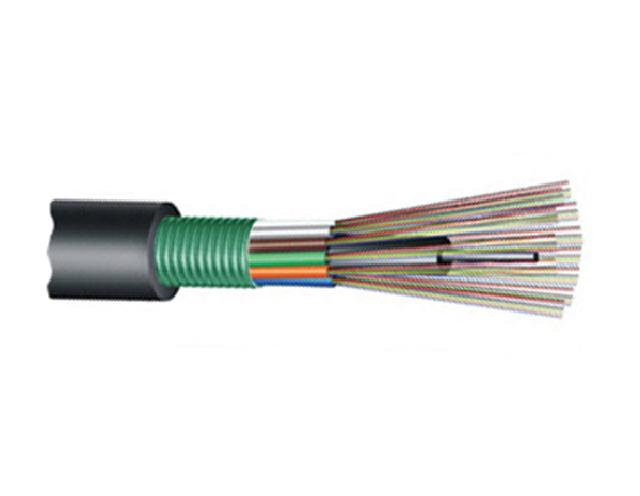
A data center is a facility that stores an organization’s server, network, and storage hardware.
Data centers accommodate a network’s vital systems and are important for the stability of daily operations. The security and reliability of data centers and the information they hold are the main concern for organizations.

In addition to asking "What is a data center?", people often wonder where a data center is located.
A data center can be managed in-house or run by a third-party organization. Because of the impact, a data center malfunction can have on an organization, many companies outsource their data center to be run by a professional company.
Collocation hosts privately-owned servers and networking equipment in a third-party data center. Instead of hosting servers in-house, in-offices, or at a private data center, companies can also choose to ‘co-locate’ their equipment by selecting a collocation center. Therefore, clients can own the server and rent the necessary physical space within a data center rather than using a server that is owned by a hosting provider.
Data architecture encompasses designing and constructing data resources. Data architecture defines what type of data is collected and how it is managed. This refers to storage, usage, management, and integration. Data architecture formalizes how data is processed across an organization.

Data architecture is a component of project architecture and represents one of the pillars.
The other pillars are business architecture, application architecture, and technical architecture. Data architecture defines the structure of a data system and should be defined by a data architect who bears the responsibility of creating the blueprint.
Data protection and archiving solutions enable organizations to ensure that their data is stored correctly which makes accessing and recovering data efficient and timely. In order to safely transfer data between locations, encryption methods are used along with tiered disk and tape solutions.
Data monitoring software actively investigates data which allows organizations to maintain a consistent standard of quality. Data management systems allow organizations to maintain control of their data with the ability to monitor it at any moment, as well as receive alerts, access dashboards, and review reports. Data monitoring is important at the creation stage to screen data before it is moved to different locations.
A data center is a vital part of any organization's information technology. Rather than worrying about the reliability of your data center, consider outsourcing to a third party who can ensure proper set-up and maintenance of your data center.


